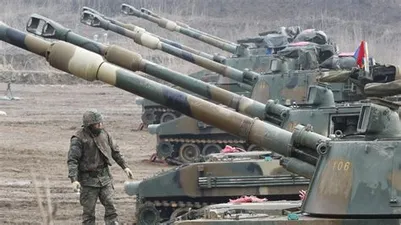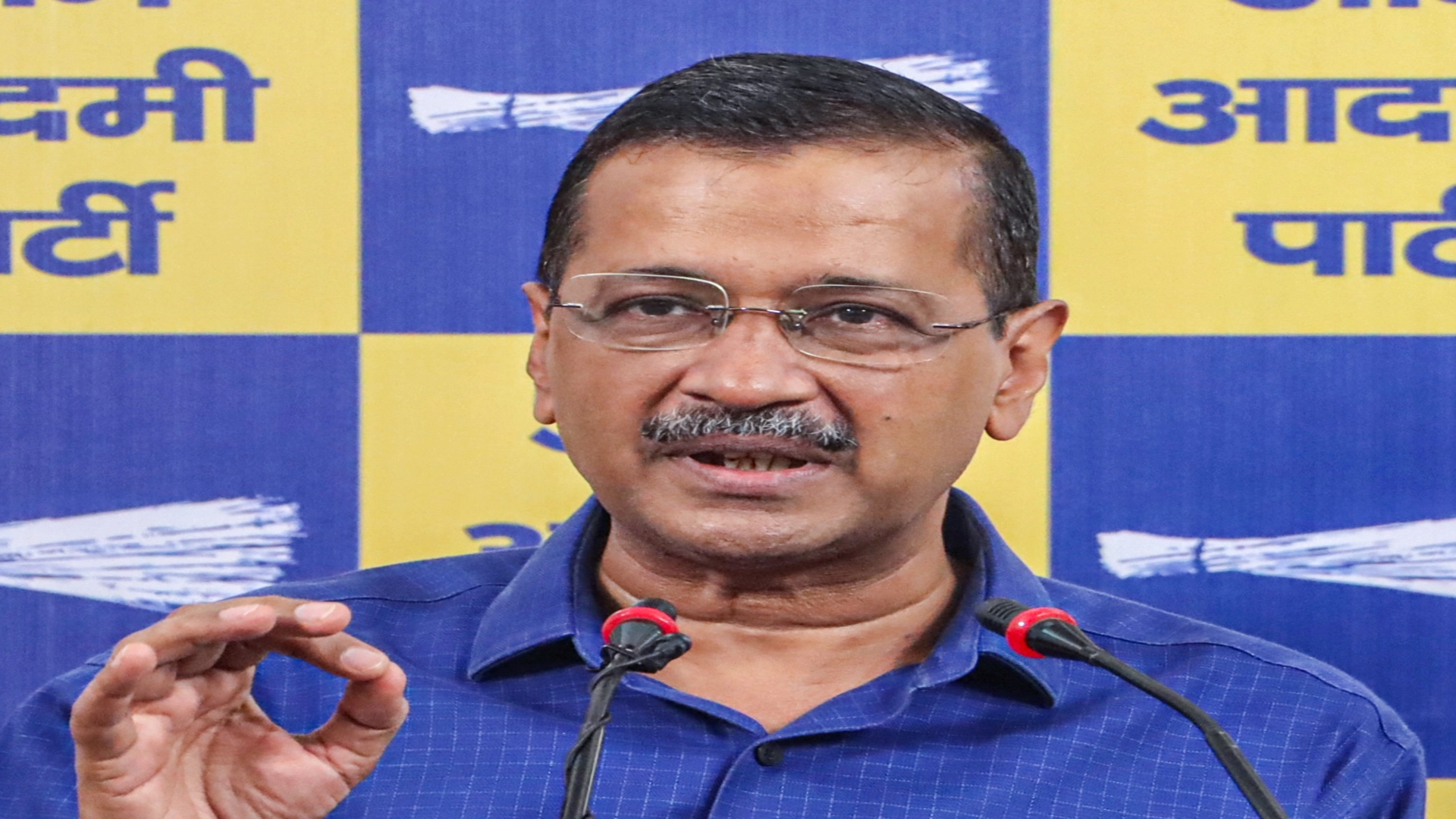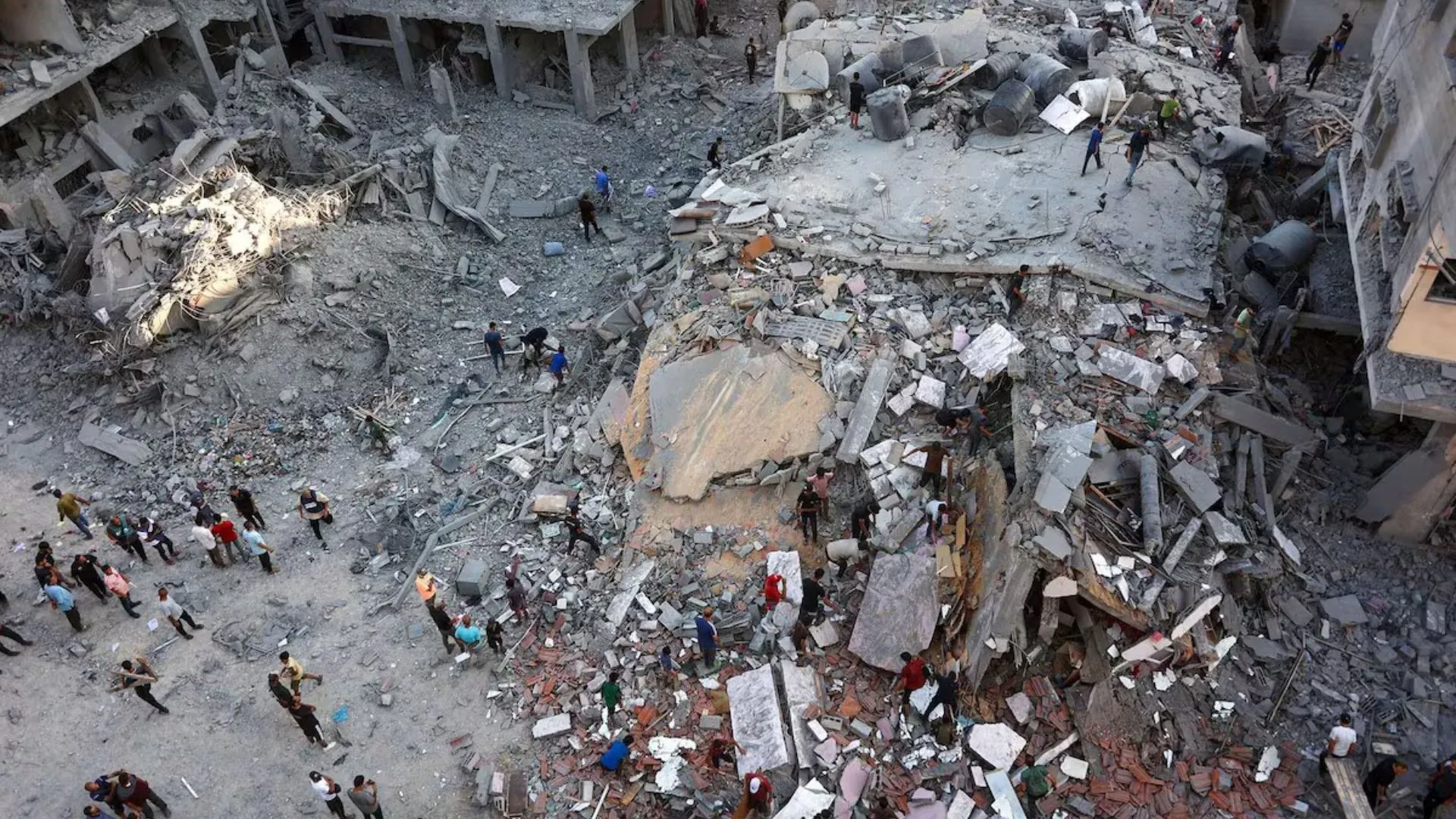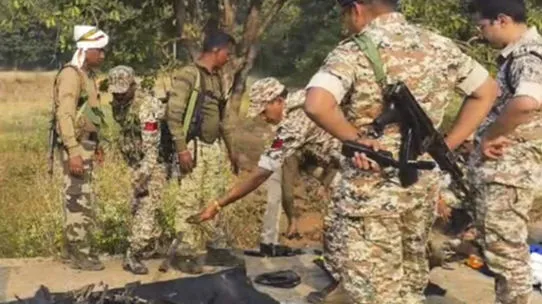As if the war between Russia and Ukraine was not enough, another theatre of war seems to open in the Asian region. Apart from a serious security threat coming from China in context of Taiwan towards the peace and stability of the Indo-pacific region, North Korea is posing another kind of threat. It is coming up with new launches that can use nuclear weapons almost every day and showcasing its power to imperil regional security. North Korea has launched what is denoted as a ‘new type’ of ballistic missile recently. For past couple of months, North Korea seems to be in aggressive mood as its chief, Kim Jong Un, has stated too in his addresses. He believes offence is the best defence and hence, the recent missile tests by North Korea pose a serious threat to the peace and security not only of the East Asian region, but the whole world. Apart from the nations like Japan and South Korea in the East Asian region, North Korea is also keeping western lobby busy to keep a close eye on its actions. Aggressiveness of North Korea brings potential and multi-dimensional security challenges.
First and foremost, what North Korea is doing is impacting Japan directly. The latest missile launched by North Korea landed in the waters between the Korean Peninsula and Japan, and Japan had to release evacuation orders for the people in and around this location. The statements released by Japanese authorities condemned the launches and tests of North Korea and also demanded North Korea to cease its aggressive actions immediately. For North Korea, this seems to be a treat. It considers Japan as an ally of the US, a neighbour that has been leveraging the military forces of the US for past many years and allowed it to establish its military base on its land. Despite an open protest from Japan, North Korea has been carrying out a record number of weapons tests since last year. Although the intelligence authorities of Japan, South Korea and the US are working on the technology used in launching this new type of missile, however the Japanese authorities are not ruling out the possibility that the projectile was a solid-fuel missile. It is noteworthy that the solid-fuel technology makes rockets faster to launch than liquid-fuelled ones and easier to transport. This raises the concerns of not only Japan but also South Korea and the US.
South Korea is the next immediate neighbour that is facing a serious security threat from North Korea. For many years, North and South Korea are posing threats to each other. After the Truce Agreement of 1953, the war seized between the two nations, however, it was never the ‘end’ of the war. South Korea keeps itself engaged with the US, which irritates North Korea, so much so that it even claims that its launches and tests should be considered as a response to the joint military drills between the US and South Korea. Although The US and South Korea maintain that their drills have been defensive in nature and should be considered as a result of North Korea’s growing nuclear and missile threats, North Korea claims that both the nations are preparing to invade North Korea. As per the statements of US authorities, any kind of dialogue or hotlines or for that matter diplomacy in general have failed in case of US-North Korea relations.
Hostile relations between the US and North Korea are not new. Since the time of Korean War (1950-1953), North Korea found the US firmly supporting South Korea. If we analyse from the angle of Cold War, the alliance between the USSR and North Korea; and the US and South Korea promoted lobby politics in the East Asian region as well. Later, even after the war ceased, North Korea and the US could not normalise their bilateral relations. On the other hand, the closeness of North Korea with China and Russia kept working as a major irritant in the bilateral relations between North Korea and the US. Apart from direct rivalry, this also promoted North Korea to develop its nuclear capabilities to challenge the security of the US and its partners in East Asian region.
North Korea was very well aware about the potential of nuclear weapons and hence paid a special focus on nuclear science and technology since its establishment in 1948. The Kim il Sung regime actively initiated the nuclear research programs of North Korea in the 1950s to directly compete against South Korea and indirectly challenge the US.
Initially, to develop its nuclear infrastructure, North Korea took help of the USSR. USSR helped North Korea to establish a nuclear reactor at Yongbyong, which raised a serious security concern for South Korea, Japan, and the US. Later, when it observed how USSR withdrew from Cuba in 1962, North Korea realised it may also face similar situation and from here, it started working on its home-grown nuclear technology and equipment. Also, this move can be considered as an ambitious wish of North Korea to grow itself to the stature of its allies, USSR, and China so that it can claim its power in the region as well as in the global politics. Throughout the era of 70s, North Korea paid a special focus on its nuclear development program. In 1980s, it started concentrating on the practical uses of nuclear energy and nuclear weapons. It conducted high-explosive detonation tests during this phase. North Korea also ratified NPT in 1985, however did not follow the guidelines of IAEA. In 1993, IAEA stated North Korea had not completed the documentation procedure required for all members of NPT. When IAEA asked North Korea to allow a special inspection, it refused and announced its withdrawal from NPT, which it suspended later. However, finally, it announced its withdrawal from NPT in 2003. Since then, the nuclear threat from North Korea is a major security challenge for the entire world.
Lack of communication and diplomatic talks between North Korea and the international community, and its undemocratic secretive and isolated nature pose a serious threat to the peace, stability, and security of East Asian region.


Dr. Anshu Joshi teaches international studies at Jawarharlal Nehru University. Jaswant Singh Kain is an expert of Korean peninsula.























